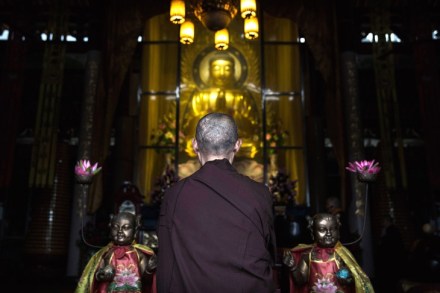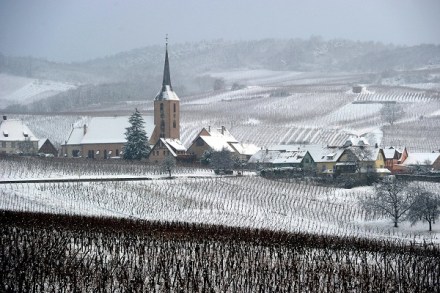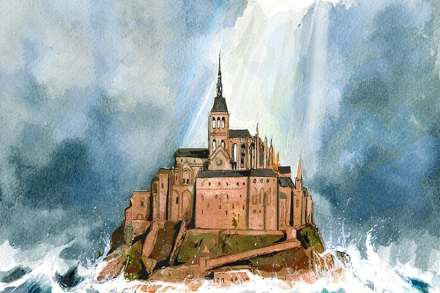Embracing liberal Christianity can lead the Lib Dems out of irrelevance
In a sense it was the Liberal Democrats who did worst in this odd election. For the point of this party is to attract progressives who find Labour too dogmatic. And in the past two years Labour has been taken over by old-fashioned socialist dogma. It was the perfect opportunity to create a huge base of homeless New Labour voters. And then came Brexit, doubling this golden opportunity, for the Liberal Democrats were the main party of Brexit-scepticism. Why was the chance missed? Maybe English voters can only really believe in the two main parties, when it comes to governing. In fact, most of us find one of these parties




















